Why You Shouldn’t Perform At-Home Data Recovery - Especially During a Pandemic

I think there's an issue with my storage device, but I'm not sure
Start a free evaluationThe COVID-19 pandemic has had far-reaching effects on just about every aspect of a business. One of many questions it raises is:
How has backup and data recovery planning changed?
Considering that remote work, or at least a hybrid model, will prevail a bit longer, it’s essential to learn about preventing data loss. And in case data loss happens during remote work, what should be the best course of action.
Spoiler: attempting data recovery yourself can worsen the damage or even cause data loss to become permanent.
But there are a few things you can do. Let’s get to it.
At-Home Data Risks
Data is more at risk when you work from home indeed. Home internet connections or networks are ideal prey for cyber attacks. Without the proper security and reliability that office systems usually provide, like firewalls and blacklisted IP addresses, our devices are more vulnerable. But data loss by human errors has also increased during remote work. Whether by accidental drink spill or fall, devices were more damaged at home during remote work according to a recent survey by Direct Line. Neglecting proper care of equipment is usually paired with a lack of proper backup. Which leads to desperate and improvised at-home data recovery.
Data Loss Prevention
Prevention is the best medicine. That saying goes for staying healthy during COVID-19 (or another pandemic) or for avoiding data loss. Setting up a proper workstation at home should be common sense by now. Not only does it help with productivity, but also avoids any incident. But the best data loss prevention is still backup. Regular and diverse backups are even better. In order to steer clear of resorting to suspicious data recovery software, you need to step up your backup plan. Investing in an external hard drive is a great start. If the volume of data handled on remote work is high, then perhaps a RAID array should be considered. And make sure to always include cloud data storage in your backup plan. Keep in mind that all of these data backup solutions are not failure-proof. It’s also important to avoid the most common data backup mistakes.
Why At-Home Data Recovery is not recommended?
If data loss was caused by unintentional deletion, then recovering a file should be simple and safe. We even have covered in our blog before quick solutions to recover a file from accidental deletion. The problems start when safe hacks don’t work and amateur data recovery services are attempted. The truth about “free data recovery software” is that for many data loss cases, the software will be useless (physically damaged devices for example). Even worse, the free data recovery software can come with hidden malware or viruses. Your device - and others connected to it - might be at risk of infection. Now, if your device is making unusual noises or has been physically damaged, then only a professional data recovery service should touch it. Even if you’re confident about performing at-home data recovery, you might lose the warranty for your device. Most manufacturers will only honor warranty if service is performed by professional authorized data recovery providers.Besides, hard drive data recovery requires a controlled environment such as a certified cleanroom in order to safely open it. All things considered, it’s best for people to refrain from data recovery at home. SalvageData offers free evaluation and different turnaround data recovery options, so there’s really no reason to put your data at risk. Rely on trained and experienced data recovery services if you value your data and your device!
Related services
These are the most commonly requested data recovery services. At our headquarters' cleanroom lab, our certified engineers conduct a thorough review of any type of physical storage device, determining if there is logical or physical damage and carefully restoring all of the lost files.ces.
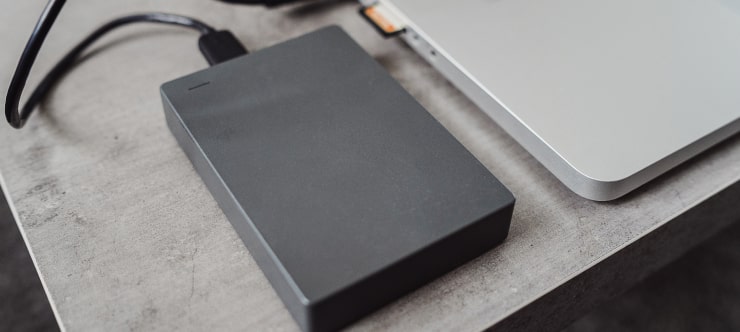
External Drive Data Recovery
We recover data from both external SSD and HDD drives. Rely on certified experts to restore your important files from damaged or corrupted external drives.
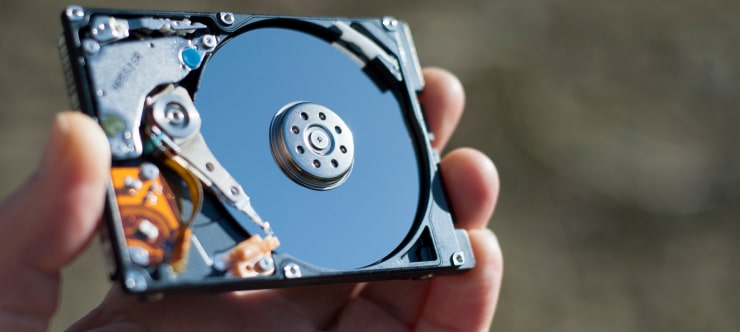
Hard Drive Data Recovery
Recover data from all brands of HDD, PC hard drives, and hybrid disks. Our specialists ensure fast and secure recovery for any data loss scenario.
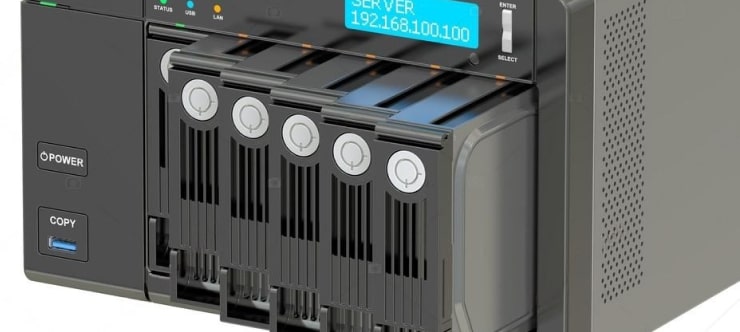
NAS Data Recovery
Recover data from NAS devices, including RAID configurations. Our team handles all types of NAS systems and ensures data recovery with minimal downtime.
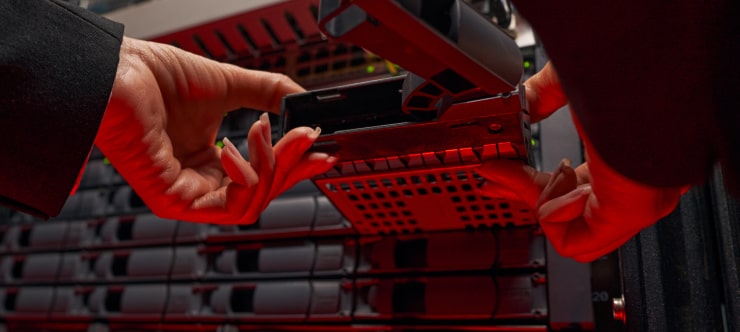
RAID Data Recovery
Our RAID data recovery services cover RAID 0, 1, 5, 10, and other configurations. We offer expert solutions for failed, degraded, or corrupted RAID arrays.
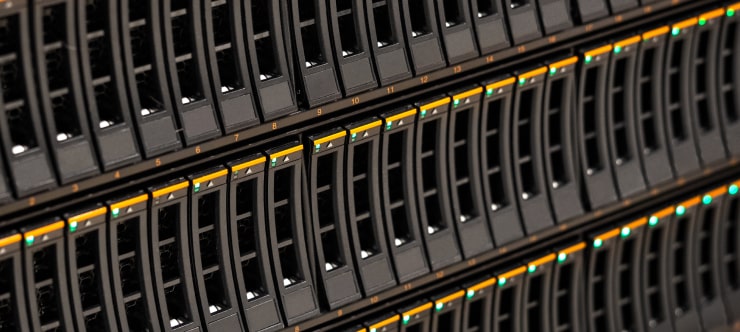
SAN Data Recovery
Our team specializes in handling SAN devices from leading manufacturers like Dell EMC, HP, and IBM, ensuring efficient recovery with minimal disruption to your operations.
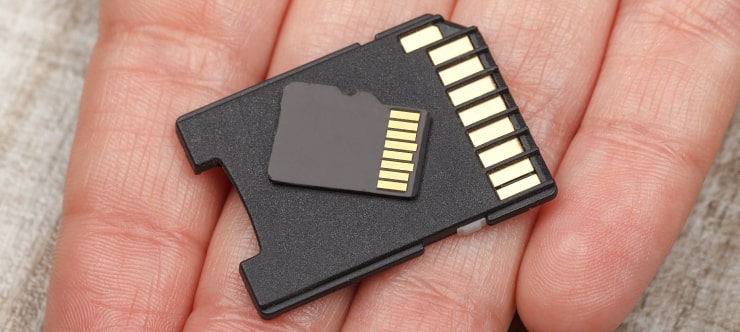
SD Card Data Recovery
Our recovery experts specialize in restoring data from SD and memory cards. We guarantee quick recovery with a no-data, no-charge policy.
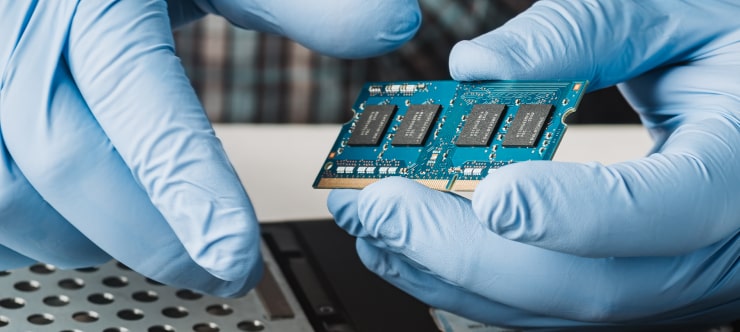
SSD Data Recovery
Our data recovery experts handle all SSD data loss scenarios with advanced tools, ensuring maximum recovery with high-security protocols.
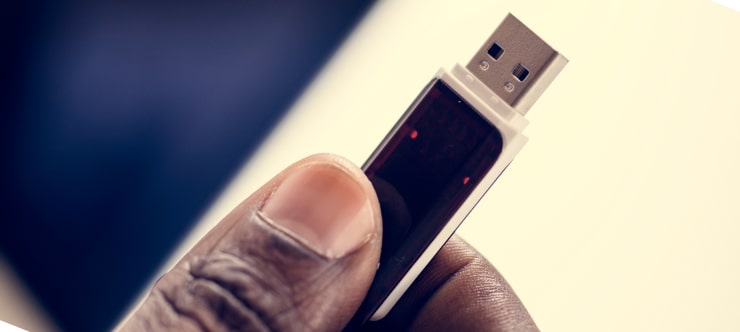
USB Flash Drive Data Recovery
Recover lost data from USB flash drives, regardless of the damage or brand. We offer free in-lab evaluations to assess data recovery needs.
If you’re unsure about which data recovery service to choose, let our team assist you in selecting the appropriate solutions. We understand the anxiety that comes with a sudden drive failure, and we are more prompt in our actions compared to other recovery service providers.



